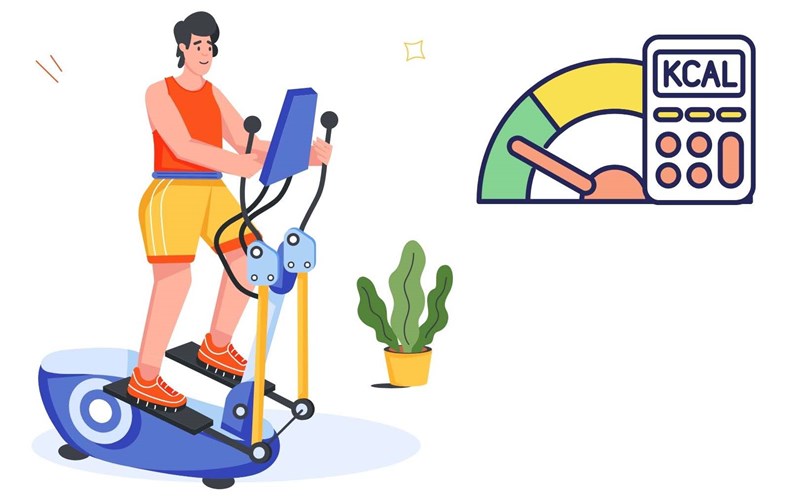High blood sugar (hyperglycemia) is often associated with diabetes, but can also occur in anyone, especially those with an unhealthy, sedentary, stressed or hormonal imbalance diet. Sudden increases in blood sugar levels may not cause obvious signs, but if prolonged, it will lead to many dangerous complications such as type 2 diabetes, cardiovascular disease and nerve damage.
Dr. Shrey Kumar Srivastav, General Practitioner at Sharda Hospital (Noida, India) shared with Onlymyhealth about 8 daily symptoms that many people often ignore but can warn of high blood sugar.
Prolonged fatigue
Even if you get enough sleep, you still feel tired because glucose is not effectively absorbed by cells to create energy.
Heavy thirst and frequent urination
Your kidneys have to work hard to excrete excess sugar, leading to dehydration and making you always thirsty and urinate a lot, especially at night.
blurred vision
Unstable blood sugar levels can cause the lens to swell, causing temporary blurred vision.
Long-term wounds heal
High blood sugar weakens blood circulation and the immune system, causing cuts or wounds to heal longer than normal.
Frequent headaches
Blood sugar fluctuations cause headaches and difficulty concentrating.
Numbness or tingling in the limbs
Prolonged high blood sugar causes nerve damage, leading to numbness, tingling or burning sensation in the hands and feet.
Unusual weight changes
It is possible to gain or lose weight for unknown reasons due to the body not using glucose effectively or due to insulin resistance.
Skin problems
High blood sugar creates a favorable environment for bacteria and fungi to grow on the skin, leading to dry, itchy skin and the risk of repeated infections. This makes the skin weaker and difficult to recover if the amount of sugar in the body is not well controlled.
When should you see your doctor?
If you have the above symptoms for a long time, check your blood sugar level immediately for early detection. Lifestyle changes such as eating a balanced diet, exercising regularly, managing stress and drinking enough water will help improve this condition.











